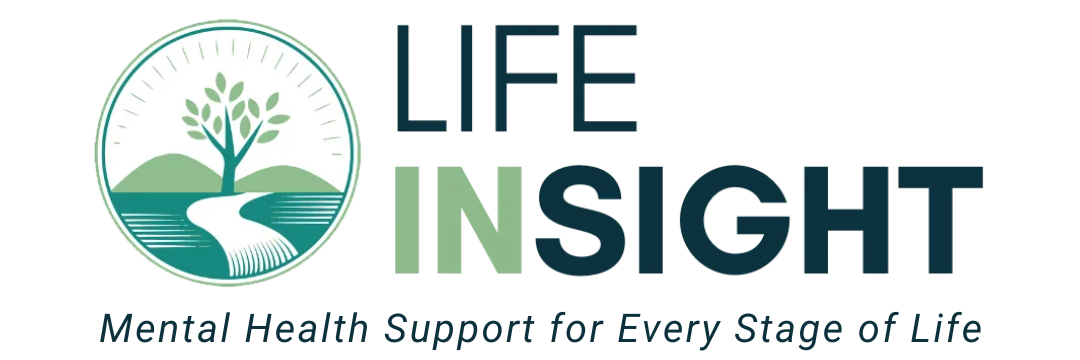Understanding the Value of Neuropsychological Assessments
Life is full of challenges, and for those grappling with learning difficulties, behavioral concerns, or cognitive changes, the reasons behind these struggles often remain unclear. At Life InSight, we believe neuropsychological assessments are more than a diagnostic tool—they're a way to uncover how the brain influences daily life and to develop meaningful strategies to address those challenges.
What Makes Neuropsychological Assessments Different?
Neuropsychological assessments dig deep into the brain’s workings, offering a clearer picture of cognitive and emotional functioning. These assessments evaluate areas such as memory, problem-solving, attention, and language, giving a comprehensive overview of how someone processes and interacts with the world.
Key areas of focus include:
- Memory and Attention: Identifying patterns in how information is retained or overlooked.
- Problem-solving and Executive Functioning: Understanding strengths and weaknesses in planning, decision-making, and adaptability.
- Language and Communication: Examining how individuals comprehend and express themselves verbally.
- Emotional and Behavioral Functioning: Exploring the connection between mood, behavior, and cognitive abilities.
The results are more than data points—they are insights tailored to help families, schools, and healthcare providers make informed decisions that lead to real, positive change.
Who Should Consider Neuropsychological Testing?
Neuropsychological assessments are not exclusive to any one age group—they’re helpful for children, teens, and adults alike. These evaluations are particularly valuable for:
- Children struggling with school performance or social behavior.
- Teens or adults noticing changes in cognitive abilities due to medical conditions, injury, or aging.
- Families seeking clarity on learning difficulties or behavioral challenges.
For many, these assessments provide a long-overdue explanation for why certain challenges exist, allowing them to move forward with confidence and clarity.
Why Are These Evaluations So Important?
Understanding how the brain works unlocks opportunities for growth. Neuropsychological assessments provide a roadmap for creating personalized interventions that are grounded in an individual’s unique cognitive and emotional makeup. They help:
- Clarify Diagnoses: Accurately identify conditions like ADHD, learning disabilities, or neurological disorders.
- Guide Interventions: Equip caregivers, educators, and therapists with practical strategies for improvement.
- Support Accommodations: Advocate for meaningful adjustments at school or work to help individuals thrive.
This level of insight is particularly valuable when standard approaches haven’t provided answers. Whether it’s helping a student succeed in the classroom or ensuring an adult feels empowered at work, neuropsychological evaluations create opportunities for success.
What to Expect from the Process
The testing process at Life InSight is designed to be thorough, thoughtful, and supportive. We start with an initial consultation to gather a full picture of the individual’s medical, educational, and personal history. The testing itself includes a mix of standardized measures tailored to evaluate specific areas of cognitive function.
After the assessment is completed, we provide a detailed, personalized report that not only explains the results but also offers actionable recommendations for the future. Whether it’s guidance for an IEP meeting or strategies to address workplace challenges, the goal is always to empower individuals and those supporting them.
Why Choose Life InSight?
At Life InSight, we believe that every individual deserves to be understood. Our approach combines scientific precision with a genuine commitment to personal care. We take the time to listen, observe, and collaborate, ensuring every recommendation is meaningful and actionable.
For a more in-depth overview of the process, visit our blog onneuropsychological testing. This resource offers additional details on assessing cognitive and emotional functioning and how our methods can lead to lasting change.
Take the Next Step Toward Clarity
If you or a loved one is facing challenges with learning, behavior, or cognition, there’s no need to navigate it alone. Neuropsychological assessments can provide the clarity and guidance you need to make informed decisions.
Contact Life InSight today to schedule a consultation. Together, we’ll uncover the path to a brighter future.





